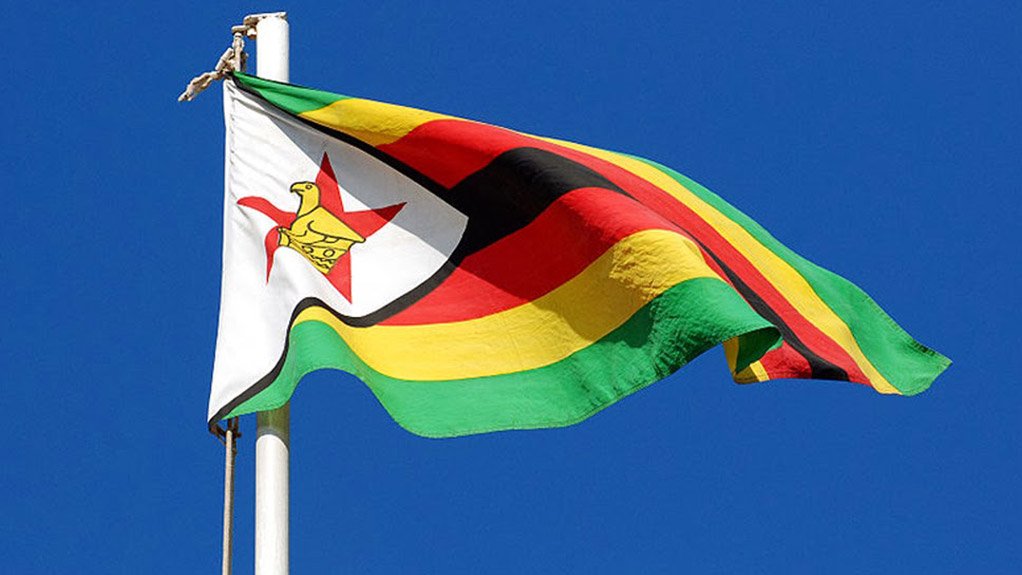The International Monetary Fund (IMF) said Zimbabwe’s economic reforms have made “significant progress,” but the nation still has more work to do before earning an IMF staff-monitored program.
“In the context of the requested SMP, IMF staff stands ready to resume discussions in due course once decisive steps have been taken by authorities to address the key policy issues highlighted by the mission,” the Fund said in a statement late Wednesday.
Among its recommendations, the Washington-based lender urged the authorities to close a “substantial fiscal financing gap” without resorting to printing the money, and to strengthen the operations of Zimbabwe’s sovereign wealth fund and State-owned enterprises.
Getting a staff-monitored program would be an important win for the southern African nation, though it’s an informal process that, doesn’t in itself, deliver any IMF funding. It could, however, help Zimbabwe move in that direction by improving confidence that the government will stick with economic reforms, and provide a stepping stone to restructuring its $21-billion debt pile.
These have locked Zimbabwe out of global financial markets since it defaulted in 1999, and precludes any new IMF lending until it has cleared its arrears with other multilateral lenders, as well as being judged to be able to repay any new borrowing that it takes on.
“International reengagement remains critical for debt resolution and arrears clearance, which would open the door for access to external financing,” the IMF said. “An IMF financial arrangement would require a clear path to comprehensive restructuring of Zimbabwe’s external debt, including the clearance of arrears and a reform plan.”
Still, IMF Mission Chief Wojciech Maliszewski acknowledged the progress the country has made, in particular the conduct of the Reserve Bank of Zimbabwe, which has vowed to halt printing money to finance the government.
“The RBZ, holding liquidity positions tight, not providing monetary financing to the government. I think this is a regime shift,” he told Bloomberg earlier on Wednesday in the capital, Harare.
Zimbabwe, which has asked neighbouring South Africa for help in getting its debt reworked under the Group of 20 Common Framework, is trying to revive an economy wracked by years of mismanagement that’s stoked hyperinflation and currency collapse.
It unveiled the gold-backed ZiG last year — its sixth attempt at creating a functioning local unit — and Maliszewski, who’s been in his position since 2023, said establishing it as a fully-fledged currency would be welcome.
“Looking at the current macroeconomic situation comparing it to what the country was when I started my assignment and before, its massive progress, significant progress,” he said.
EMAIL THIS ARTICLE SAVE THIS ARTICLE FEEDBACK
To subscribe email subscriptions@creamermedia.co.za or click here
To advertise email advertising@creamermedia.co.za or click here











